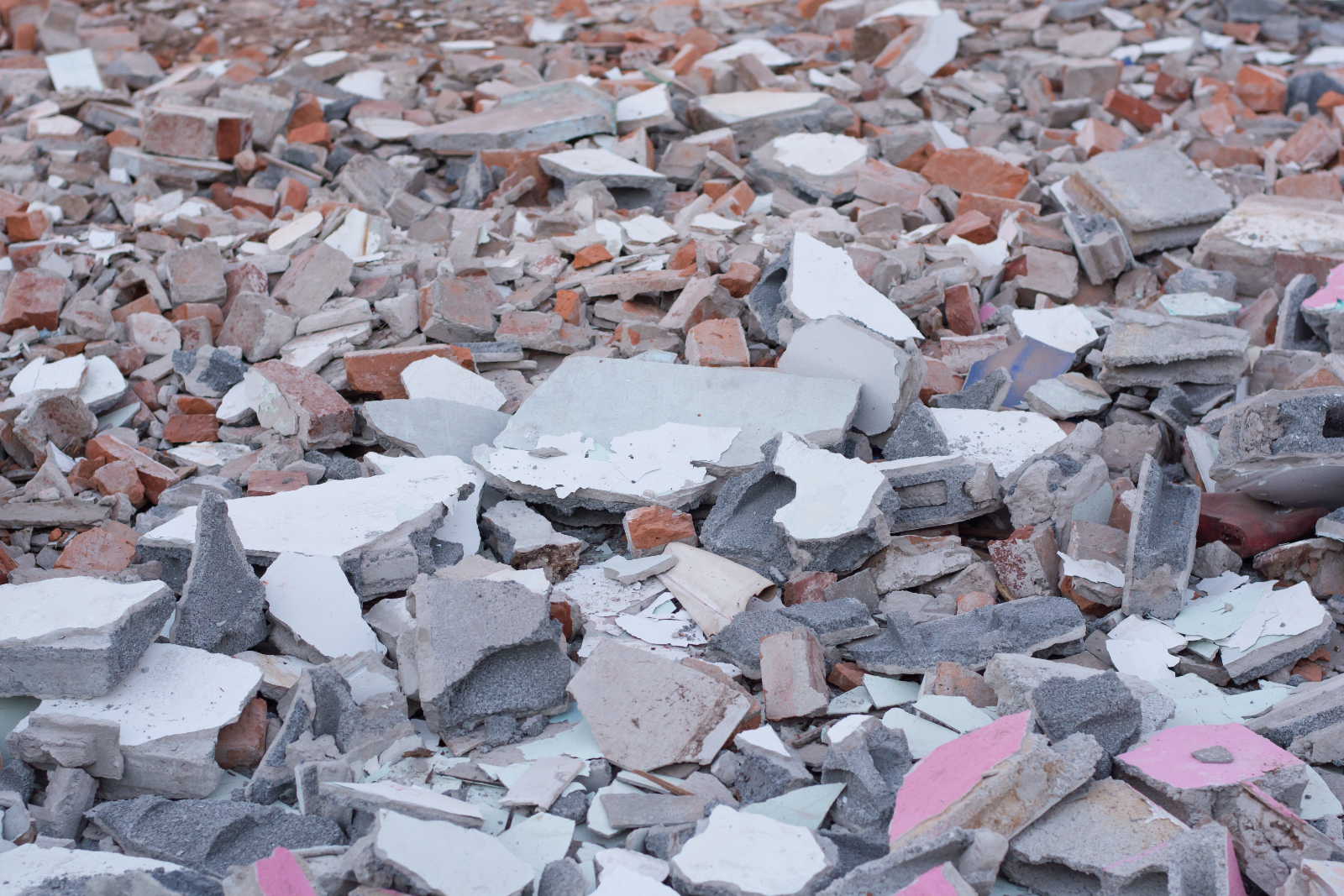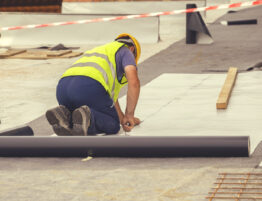
In a single year, the UK generates 67.8 million tonnes of non-hazardous Construction and Demolition waste, a figure that represents 62% of the nation’s total waste output.
This waste is made up of all kinds of products – concrete bricks, tiles, ceramics, insulation, wood, glass, plastic, bituminous mixtures, cement, gypsum, paints, varnishes, soil, stones, coal, tar, cables, pipes, adhesives and sealants – to name a few!
While much of this is recovered, taking action to reduce construction waste has proven to be good, not only for the environment, but also for business. Keep reading to find out more…
Five reasons to cut construction waste
1. Environmental benefits
Being responsible for 62% of the UK’s total waste clearly has an impact on the environment. There’s waste going into landfills; waste causing pollution; carbon emissions coming from waste processing; and a depletion of natural resources. So, our number one reason for cutting waste is to reduce this impact on the environment.
2. Safety
Second on our list is workplace safety. Having construction waste on site can present a real safety hazard to workers if it is not properly stored and managed throughout the project. Trips and falls are the obvious hazards but there can also be other issues like waste materials producing toxins or the dangers associated with those that might be flammable. Cutting the waste reduces the chance of accident and injury.
3. Compliance
This one’s simple. Construction businesses are regulated in many ways and this includes having a Waste Duty of Care, a legal obligation to manage waste properly. Whether you do this internally or use a waste management service, reducing the amount of waste produced makes compliance simpler.
4. Lower costs
Another reason to reduce the volume of waste generated is that it will reduce costs, both in terms of less money spent on purchasing materials and less being paid out for waste disposal. An added benefit is that, by lowering your costs, you might be able to lower your prices, giving your company the competitive edge when tendering for new work.
5. Good reputation
As well as being competitive on price, actively taking measures that reduce waste reduction can be another way to differentiate your business from others. Many clients are looking to work with contractors that can demonstrate ethical practices so this is a great way to build a positive eco-friendly reputation in the industry.
How to cut waste
Now we know how important it is to cut waste, the next question is how can you actually go about doing it? Here are a few ideas:
- If your project requires demolition, you might perform an audit first to check if there are any materials that could be recovered or reused.
- Get involved with the design process to ensure the project has the most efficient use of natural resources and that waste disposal is considered at the earliest possible stage.
- Analyse your purchase ordering history to identify if there is any particular material that regularly builds up in stock (indicating an over-ordering issue). Once identified, you can adjust your re-order quantities so they are as close as possible to what is actually needed.
- When a job does leave some excess materials, find the best solution for their disposal. That might be repurposing them for another job, recycling, donating to a community project, using a supplier take-back scheme or putting the inventory up for sale.
Focus on waste today
Cutting waste is one of the ways construction businesses can comply with their legal duties but it goes further than that. Waste reduction on site also aligns to health and safety issues; is part of a social responsibility to reduce negative environmental impacts; and is simply good business practice – supporting the company’s efficiency, profitability and reputation. With such benefits in mind, there’s no reason not to make it your focus today!
20.02.2023
Feature image: Freepik








